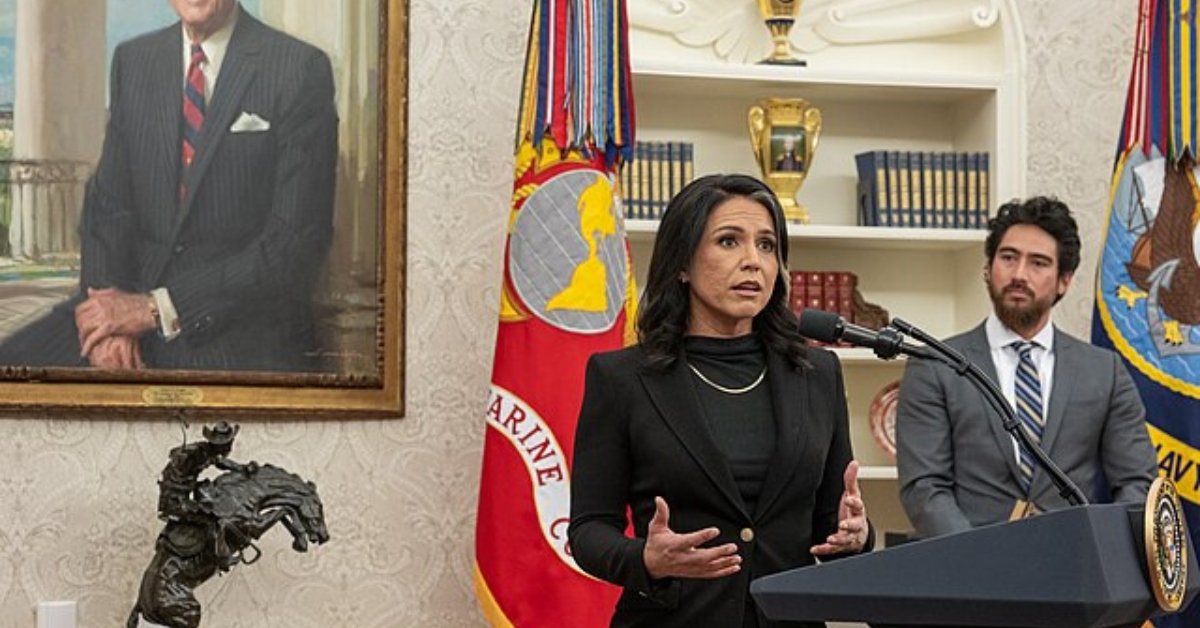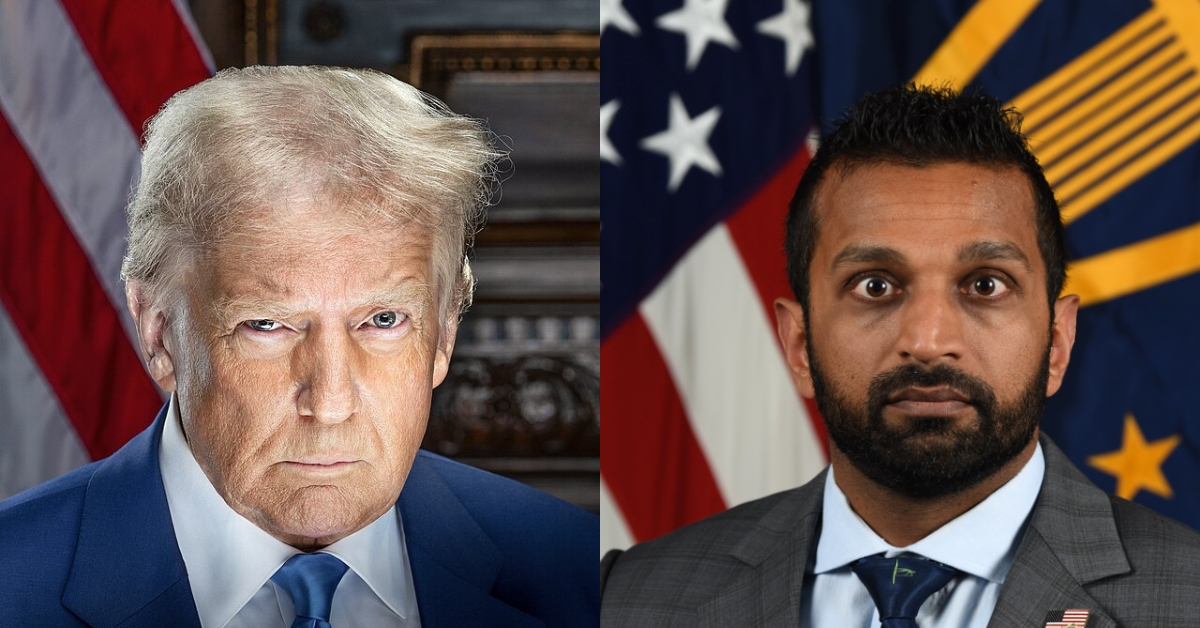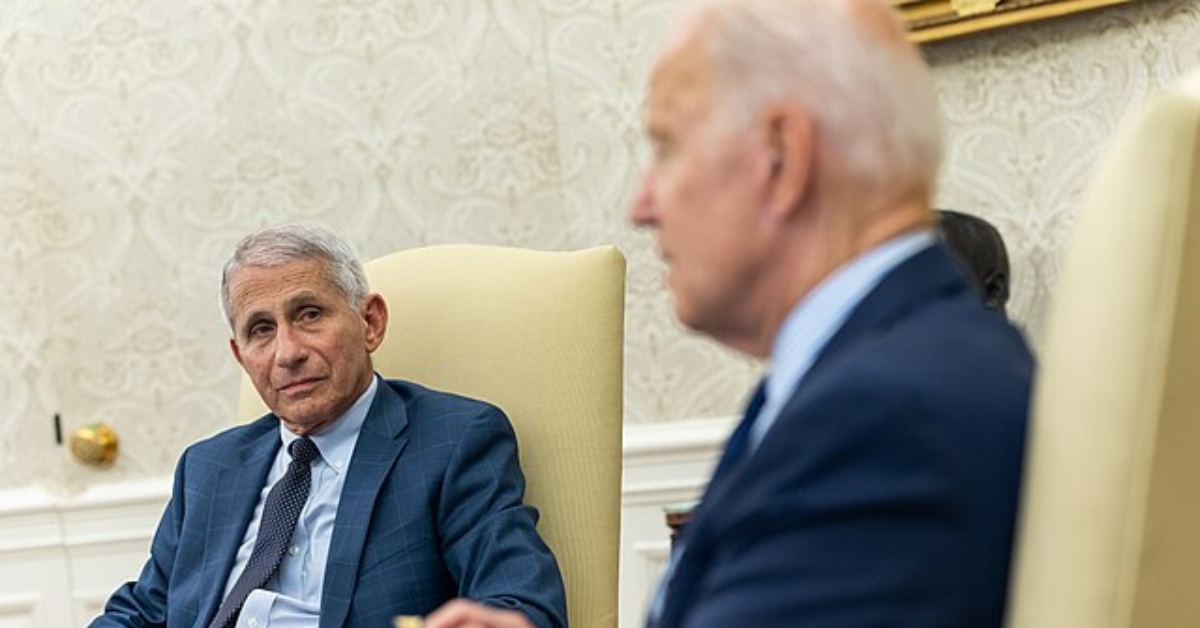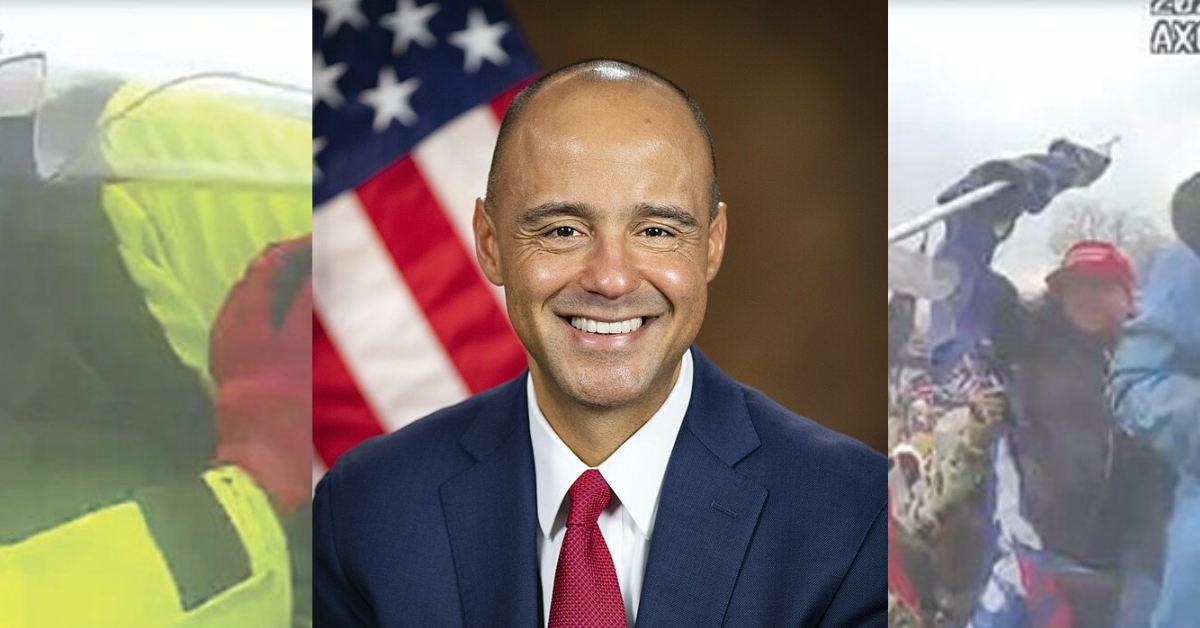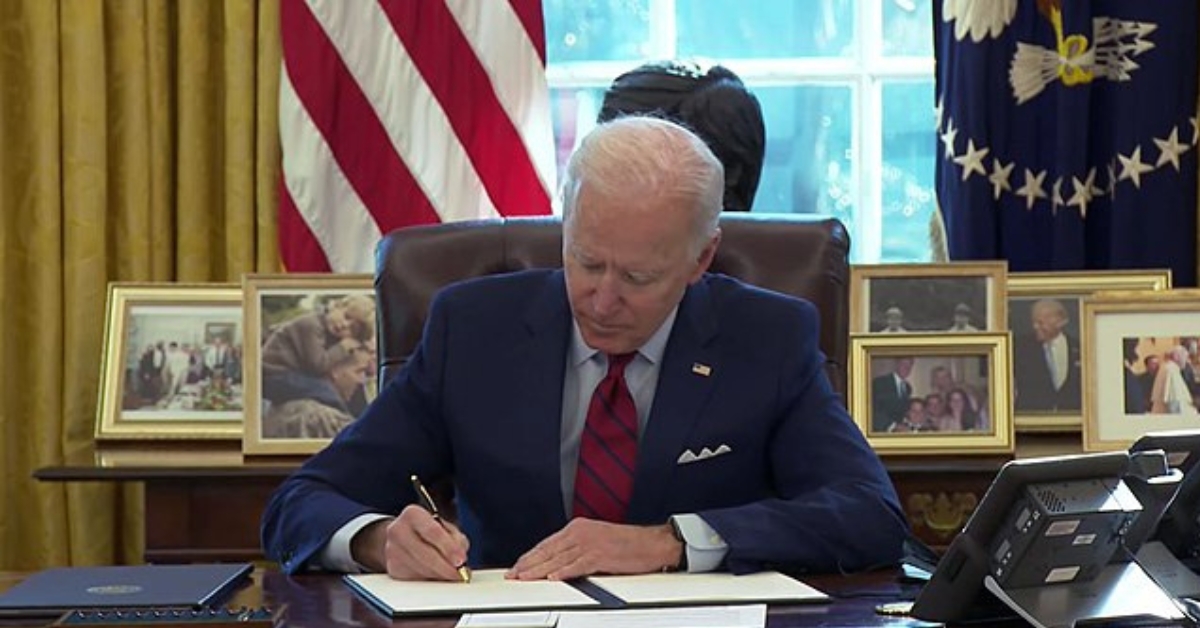
West Virginia AG Seeks Supreme Court Stay on Biden’s Emissions Plan
West Virginia Attorney General Patrick Morrisey, along with the states of Ohio and Indiana, has requested an emergency stay from the U.S. Supreme Court to halt the Biden administration’s “Good Neighbor Plan.” This plan, if implemented, would grant the Environmental Protection Agency (EPA) the authority to regulate emissions from individual states. Morrisey argues that the plan would strip states of their ability to manage air quality standards and cede control to a massive federal agency, resulting in unprecedented regulatory authority over emissions.
Morrisey contends that the Good Neighbor Plan would force energy-producing states like West Virginia to make significant emissions reductions to comply with the EPA’s standards. He asserts that the power grid is already under stress, and the additional regulations could lead to electric grid emergencies as power suppliers struggle to meet the federal plan’s terms.
The attorney general also raises concerns about the EPA’s approach, arguing that it circumvents Congress and the principles of cooperative federalism. He maintains that the EPA’s rule-making disregarded the Clean Air Act’s statutory requirements, attempting to transform it into a top-down regulatory system instead of the cooperative federalism structure intended by Congress.
Under the Clean Air Act, states have the authority to develop plans to control emissions within their borders, with the EPA reviewing these plans in a deferential manner. If a state’s plan aligns with statutory requirements, the EPA is obligated to approve it, regardless of whether the EPA has alternative ideas for achieving the Act’s goals.
Morrisey’s challenge is part of a broader effort to prevent the EPA’s Good Neighbor Plan from being enforced. The EPA introduced the plan in 2022 while rejecting the air quality plans of nearly half the states. Morrisey notes that around a dozen states are already exempt from the plan due to litigation and interim rulemaking, including West Virginia. Nevertheless, the EPA insists on applying its federal plan to West Virginia and the remaining states.
Morrisey’s request for an emergency stay from the U.S. Supreme Court underscores the ongoing battle between the federal government and states’ rights, reflecting broader concerns among conservative leaders about federal overreach and the impact of regulatory measures on states’ economies and infrastructure. The outcome of this legal battle will not only affect West Virginia but also set a significant precedent for how state and federal governments navigate their roles in regulating environmental standards and emissions control.
